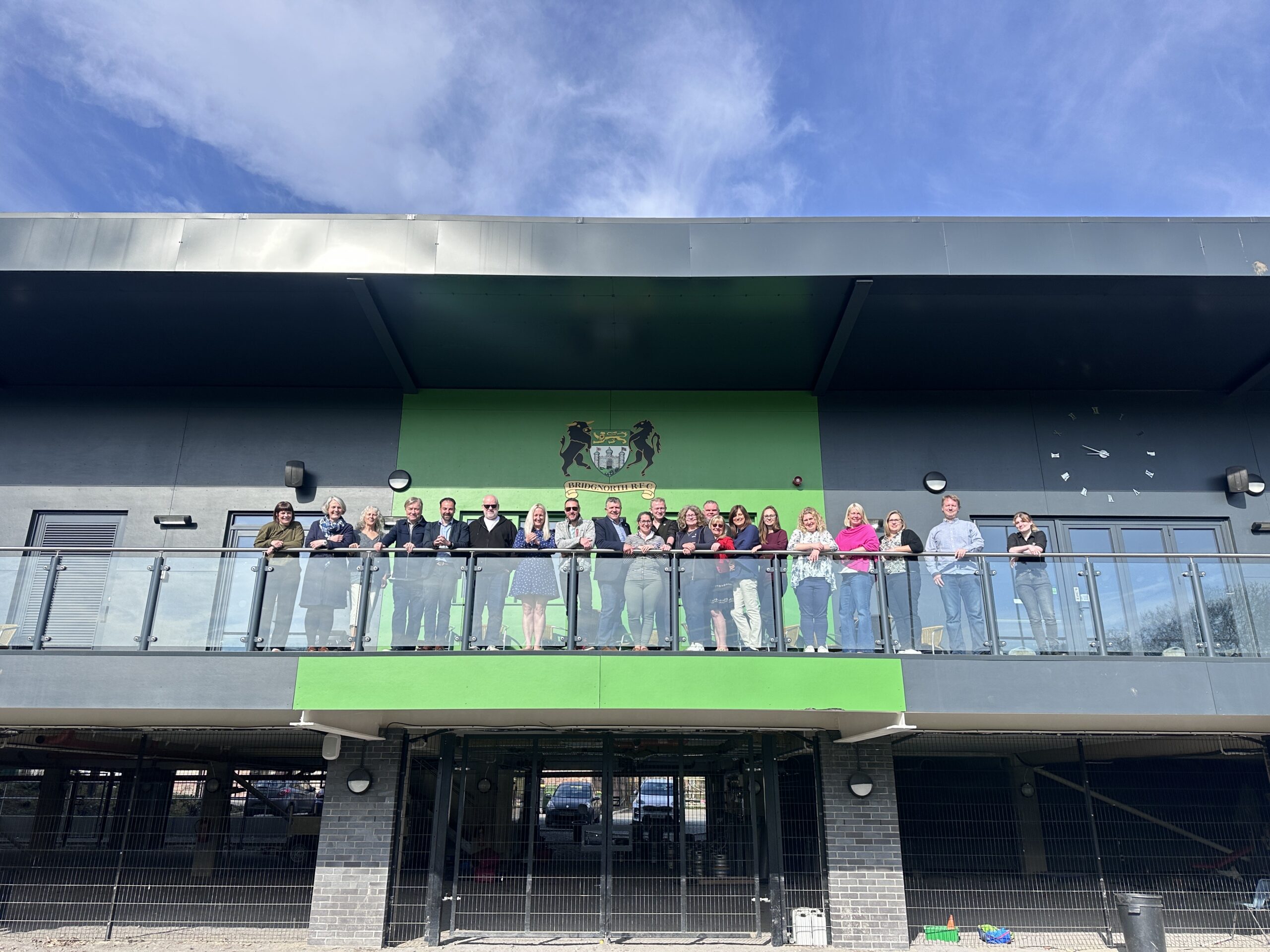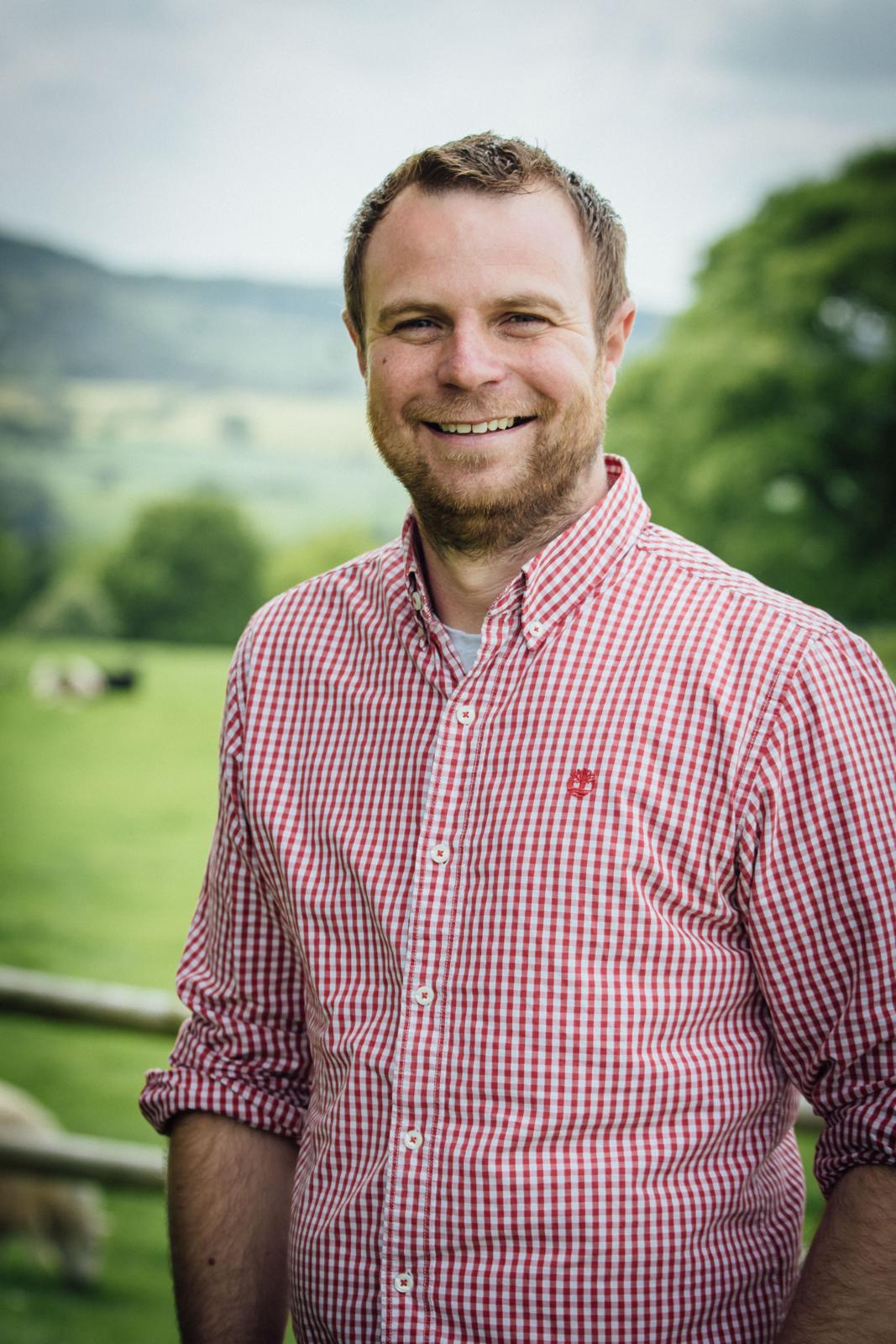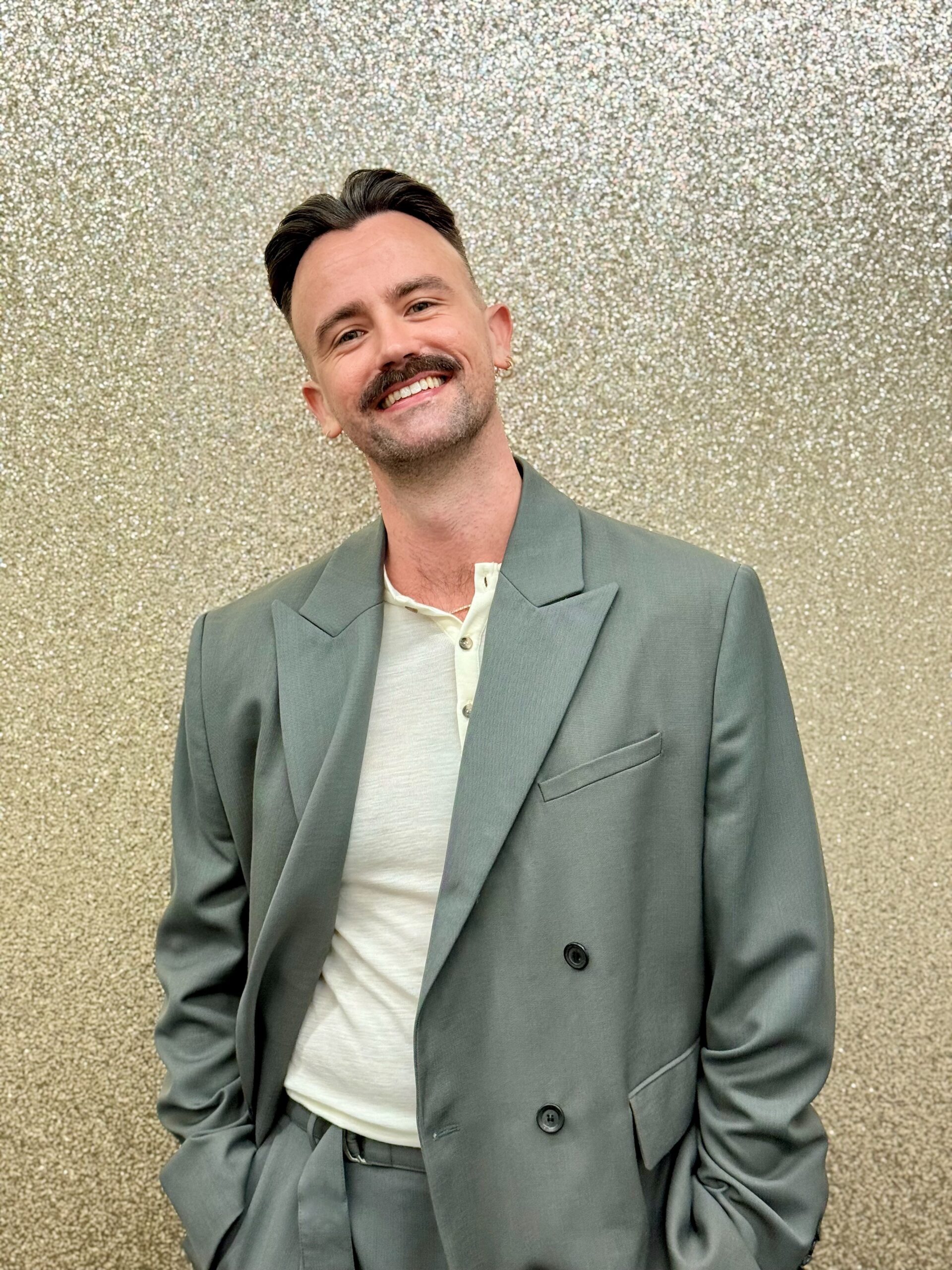The critical socialisation period for puppies begins at around four weeks, while still with their mum, and continues to around four months of age. During this period, they learn about the world around them and how to react to the situations, people and other animals they encounter.
This time is very important in a puppy’s development as it shapes how they cope as an adult. A well-socialised puppy is more likely to be happy, confident and able to tackle new or negative experiences later on.
Socialisation traditionally focuses on introducing puppies to new people, other dogs and animals, sights, smells and sounds, travelling in the car, being left alone and more. This is done in a gradual and controlled way, ensuring plenty of positive experiences.
In addition, there is a genetic component to dog behaviour. The temperaments of a puppy’s relatives and their breed traits can tell us how resilient or fearful the puppy is likely to be, and which areas they might need extra support and training in.
For older dogs or rescue dogs, fearful behaviours may already be present. They may have had negative experiences, a lack of early socialisation or be naturally inclined to be fearful. For these dogs a careful desensitisation programme, with lots of positive reinforcement, can help to overcome their worries.
From a veterinary perspective, we want your dog to be happy and confident when they come to the practice – but sometimes we do need to poke and prod for the sake of their health! Early habituation in this can help to prevent your dog becoming fearful of the vet later on.
Things you can introduce to your dog to at home, or by calling ahead and visiting your veterinary practice, include:
- Being gently held and restrained around the body and across the chest
- Touching and holding the collar
- Picking up and holding the feet
- Touching and examining the ears, eyes and mouth
- Getting used to the smells, sights and sounds of the waiting room
Please try to pair each of these activities with something positive, for example a favourite treat or toy. Together we can help to provide a fear-free experience when you visit the vet.

Kate Williamson, Deputy Head RVN
Severn Edge Vets Bridgnorth






